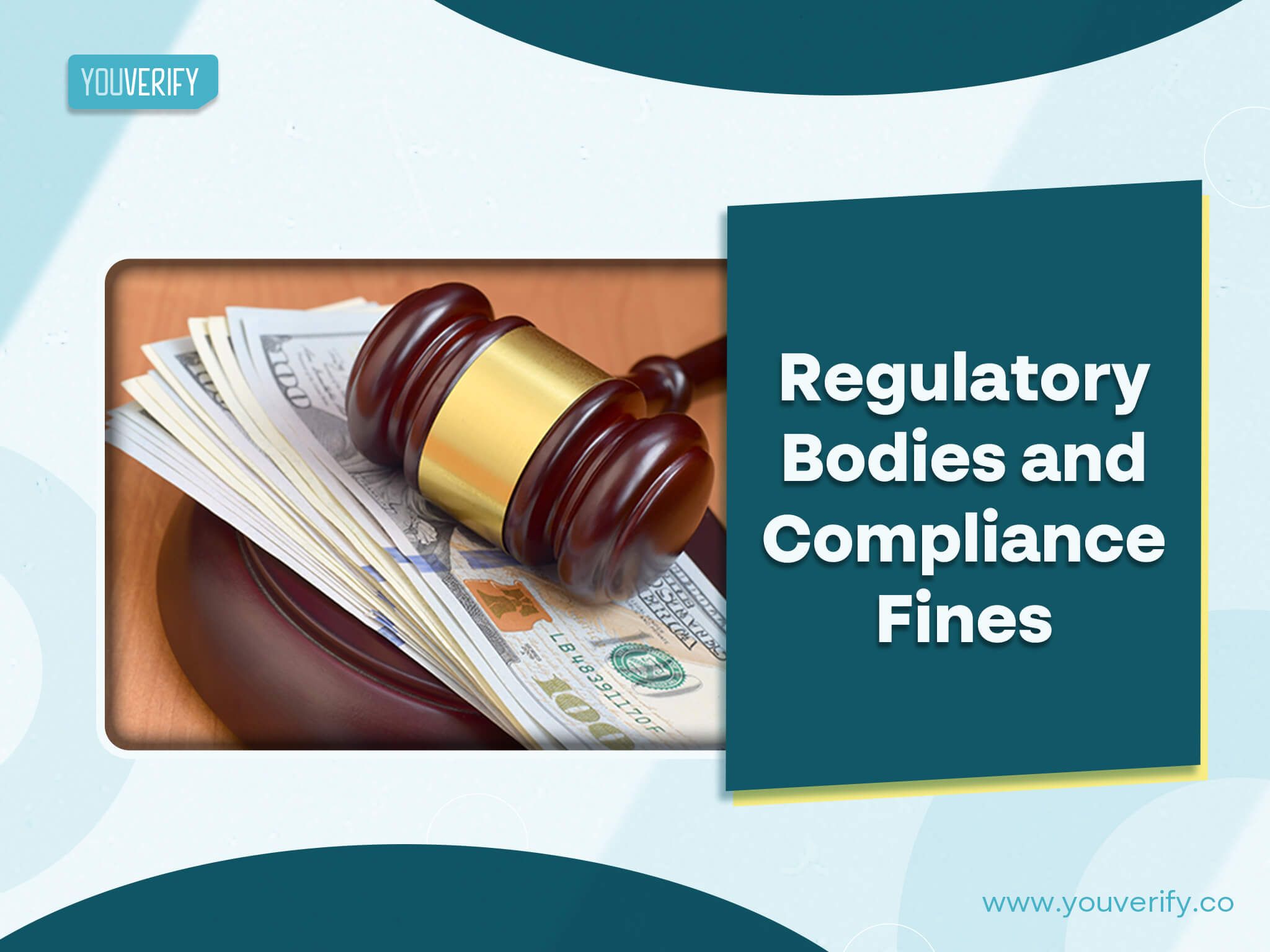
22
diciembreNavigating Singapore's Regulatory Landscape: ACRA, AML, and Corporate Compliance
 Singapore's robust financial and business environment is underpinned by a comprehensive regulatory framework designed to maintain integrity and transparency. Key to this framework is the Accounting and Corporate Regulatory Authority (ACRA), which plays a pivotal role in overseeing business compliance Singapore entities and ensuring compliance. This essay will explore the interconnectedness of ACRA regulations, Anti-Money Laundering (AML) compliance, and broader corporate governance practices in Singapore.
Singapore's robust financial and business environment is underpinned by a comprehensive regulatory framework designed to maintain integrity and transparency. Key to this framework is the Accounting and Corporate Regulatory Authority (ACRA), which plays a pivotal role in overseeing business compliance Singapore entities and ensuring compliance. This essay will explore the interconnectedness of ACRA regulations, Anti-Money Laundering (AML) compliance, and broader corporate governance practices in Singapore.
ACRA is the primary regulator for businesses in Singapore, administering various legislations, including the Companies Act. Recent amendments to the Companies Act have focused on enhancing corporate transparency and accountability. These amendments often address issues like beneficial ownership, corporate governance Singapore requiring companies to maintain accurate and up-to-date records of their ultimate owners. This directly supports AML efforts by making it harder for illicit funds to be concealed within corporate structures. Corporate secretarial services in Singapore play a vital role in helping companies navigate these complex requirements, ensuring proper documentation and compliance.
AML compliance is a critical aspect of doing business in Singapore. The Monetary Authority of Singapore (MAS) sets the standards for financial institutions, while ACRA oversees compliance for non-financial businesses, particularly designated non-financial businesses and professions (DNFBPs) like corporate service providers (CSPs). The Singapore CSP Bill and CSP registration requirements emphasize the importance of robust AML controls within these entities. CSPs, often offering nominee director services, are particularly vulnerable to money laundering risks, making stringent compliance essential.
Anti-money laundering in Singapore is a multi-faceted approach. It involves:
Customer Due Diligence (CDD): Identifying and verifying the identity of customers, including beneficial owners.
Transaction Monitoring: Monitoring transactions for suspicious activities that may indicate money laundering.
Suspicious Transaction Reporting (STR): Reporting suspicious transactions to the relevant authorities, nominee directors Singapore such as the Suspicious Transaction Reporting Office (STRO).
Effective AML compliance requires a strong understanding of financial regulations in Singapore and a commitment to implementing robust internal controls. Some key AML compliance tips include:
Developing a comprehensive AML/CFT (Countering the Financing of Terrorism) program.
Conducting regular AML/CFT training for employees.
Implementing robust CDD procedures, including Know Your Customer (KYC) and Know Your Business (KYB) checks.
Maintaining accurate records of transactions and customer information.
Conducting regular independent audits of AML/CFT compliance.
Corporate governance in Singapore goes beyond mere compliance. It encompasses the ethical and responsible management of a company, fostering trust and confidence among stakeholders. Strong corporate governance practices, coupled with robust AML compliance, contribute to a transparent and reputable business environment. Corporate transparency in Singapore is further enhanced by initiatives like the requirement for companies to file information on their beneficial ownership.
ACRA regulations, AML compliance, and robust corporate governance are inextricably linked in Singapore's business landscape. ACRA's role in administering the Companies Act and overseeing business entities, combined with MAS's oversight of the financial sector, creates a robust framework for preventing money laundering and promoting corporate transparency. Businesses operating in Singapore, particularly DNFBPs like CSPs, must prioritize AML compliance and adhere to the evolving regulatory landscape. By embracing best practices in corporate governance and diligently implementing AML controls, businesses contribute to the integrity and stability of Singapore's financial and business ecosystem. The Watershore case, among others, highlights the importance of adherence to these regulations and the consequences of non-compliance, further underscoring the need for vigilance in maintaining a transparent and compliant business environment.

Reviews